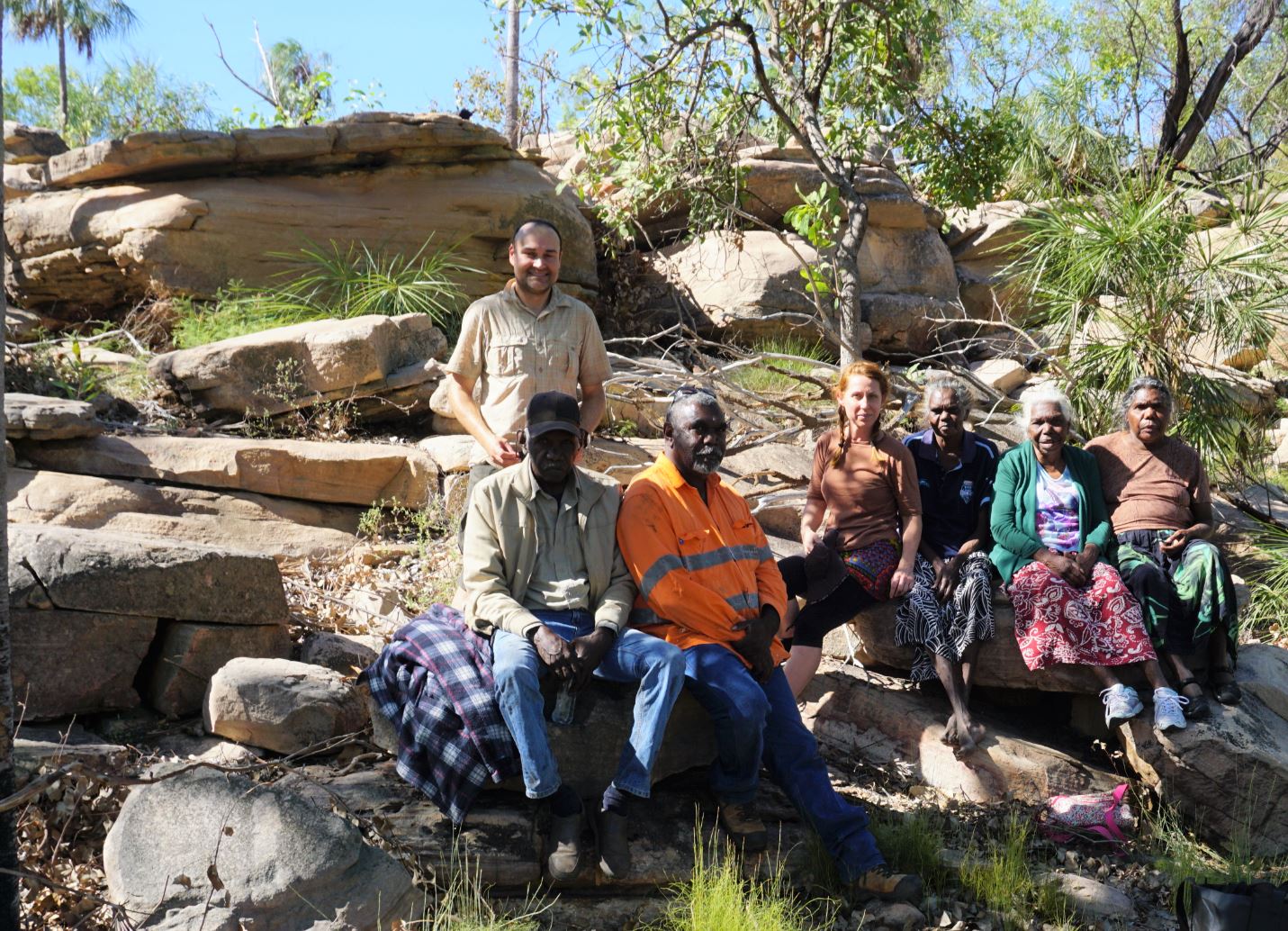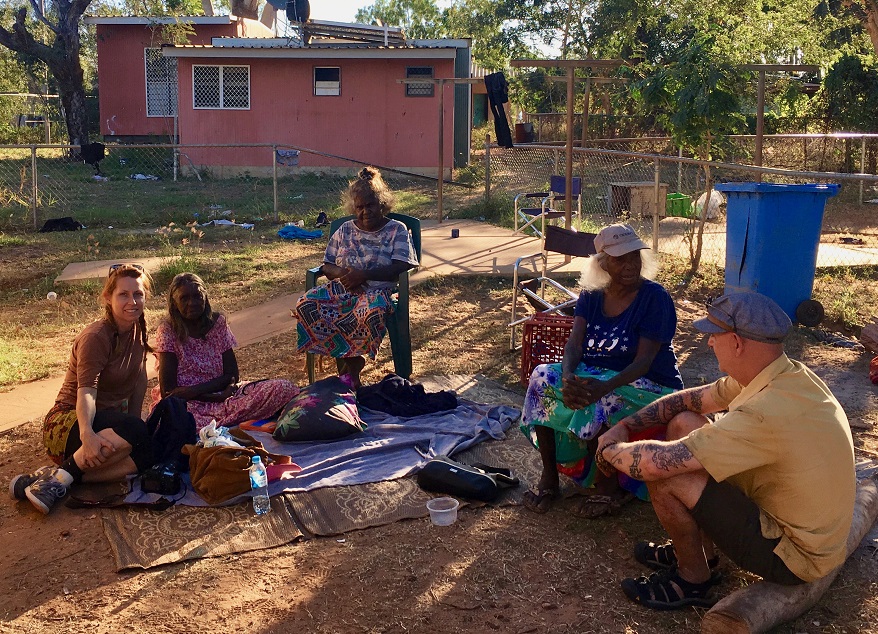
Understanding Indigenous insights to Country and culture demands a new means of learning through humility, patience and listening for non-Indigenous people.
Flinders University anthropologist and Matthew Flinders Fellow, Professor Amanda Kearney, explains this in a new book that explores how her 20 years of anthropological studies in Yanyuwa Country, a remarkable part of northern Australia, located throughout the saltwater limits of the southwest Gulf of Carpentaria, has radically changed her way of working with and relating to Indigenous Australians.
“To truly learn, we have to develop more profound relationships between Indigenous and non-Indigenous Australians,” says Professor Kearney. “How we build these relationships and find friendship in this space is the key to developing valuable research.”
The book – Reflexive Ethnographic Practice: Three Generations of Social Researchers in One Place, edited by Professor Amanda Kearney and Associate Professor John Bradley – features essays which span 40 years and three generations of researchers who have immersed themselves in Yanyuwa culture and ethnographic fieldwork. It includes a chapter by Associate Professor Liam Brady, who joined Flinders’ archaeology program in 2020.
While the text addresses a sensitive subject in academia, Professor Kearney believes that discussing how to engage in deeper cross-cultural conversations is a crucial step towards building stronger relationships between non-Indigenous and Indigenous Australians.
“At its core, this anthology is a meditation on learning and friendship across cultures,” says Professor Kearney.

Professor Kearney’s contribution to the book is the sum of her two decades of research focusing on cultural wounding, healing and interculturalism in Australia. Her collaboration and ethnographic fieldwork with Indigenous families and their communities has documented conversations around relationships with Country, highlighting that social memory, place maintenance and ecological health are evident through Yanyuwa song, ritual and language.
“The families I have been with in Yanyuwa Country have given me so much of their time, their attention and wisdom, and I have had to learn how to listen in a different, deeper way. Through that, I have been changed,” says Professor Kearney.
“As a teacher and a researcher, I aim to bring about a shift in people’s thinking, to ensure things do not remain the same. And now, through my work with Indigenous communities, I realise that the same has happened to me. I am learning to see and understand things in new ways from their perspective.”
Published internationally by Palgrave Macmillan, the book provides insights to a topic that Professor Kearney believes has international resonance, to better define improved cross-cultural conversations. Through representing the experiences of three generations of researchers who have long collaborated with the same Indigenous community throughout their careers, it details revealing accounts of relational encounters and knowledge sharing.
“The book doesn’t hold back. There is serious self-scrutiny by the authors, about their discomfort, uncertainty and awe, exploring the tensions and contradictions between academic rigour and the visceral apprehension of different ways of perceiving the world,” says Professor Kearney.
“How we tell anthropological stories is political – and it is important. We have to ask how we can move beyond the borders of who we are. Quite simply, we don’t move forward as a society if we don’t speak out.”








